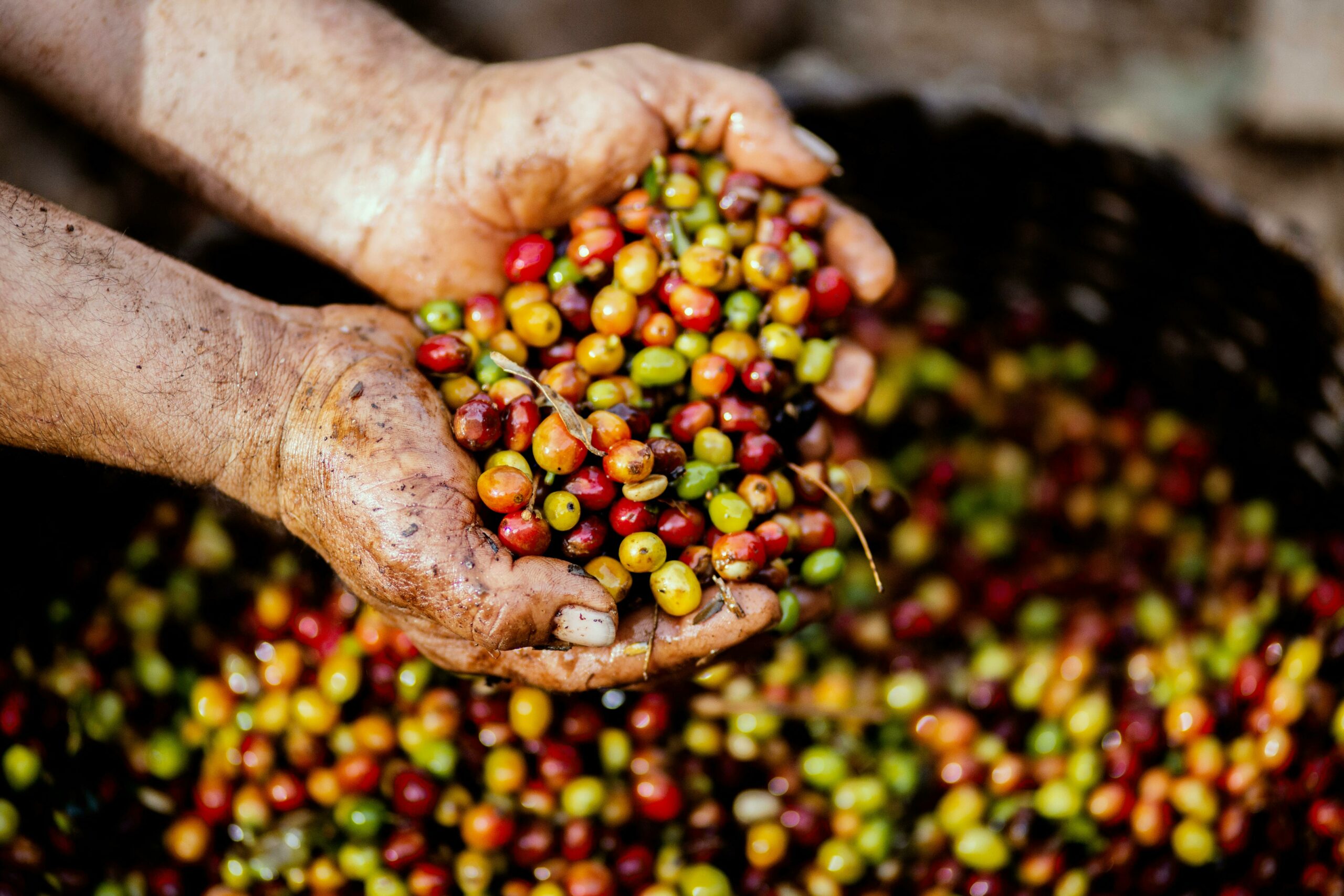Discover how recruitment fees trap migrant workers in debt bondage. Learn systematic approaches to ethical procurement and worker remediation.
Category Archives: Child Labour
World Benchmarking Alliance’s 2026 assessment of 2,000 companies reveals critical action levers. Key insights ahead.
The EU Anti-SLAPP Directive provides protection for human rights defenders against abusive litigation designed to silence public participation
Discover how Sutti’s EU-Indonesia trade model creates sustainable supply chains, generating €25 local value per €1 invested over 10 years
Learn how SUTTI’s digital platform enables workers to drive real progress on living wages, recruitment, and discrimination in supply chains
Ksapa joined IHRB’s event on corporate leadership during global conflicts. Here are the main insights we learned across discussions.
Coffee is more than just a beverage; with over 2.25 billion cups of coffee consumed daily, it is one of the most widely consumed drinks in the world and one of the most traded agricultural commodities. The largest coffee-producing nations—Brazil, Vietnam, and Colombia—are responsible for 63% of the global supply, while major consumers such as the European Union and the United States dominate the market.
Ksapa partner session at OECD forum examines investors’ role in identifying and preventing forced labor risks in mineral supply chains.
Understand the implications of the new regulation on forced labour ban put in place by the European Union (EU) with expertise from Ksapa.
The administrative burden is an argument often put forward by companies and MEPs as a reason not to promote CS3D. Is this true?
- 1
- 2









